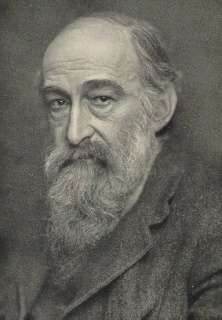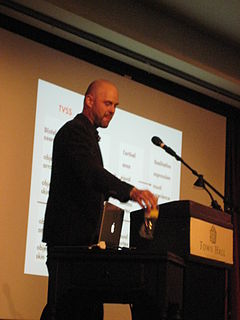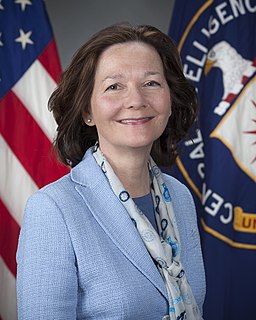A Quote by Rob Lowe
Intelligence is that aspect of human cognition that we haven't managed to emulate yet.
Quote Topics
Related Quotes
In joint scientific efforts extending over twenty years, initially in collaboration with J. C. Shaw at the RAND Corporation, and subsequently with numerous faculty and student colleagues at Carnegie-Mellon University, they have made basic contributions to artificial intelligence, the psychology of human cognition, and list processing.
Intuitive cognition of a thing is cognition that enables us to know whether the thing exists or does not exist, in such a way that, if the thing exists, then the intellect immediately judges that it exists and evidently knows that it exists, unless the judgment happens to be impeded through the imperfection of this cognition.
Within a few decades, machine intelligence will surpass human intelligence, leading to The Singularity -- technological change so rapid and profound it represents a rupture in the fabric of human history. The implications include the merger of biological and nonbiological intelligence, immortal software-based humans, and ultra-high levels of intelligence that expand outward in the universe at the speed of light.



































